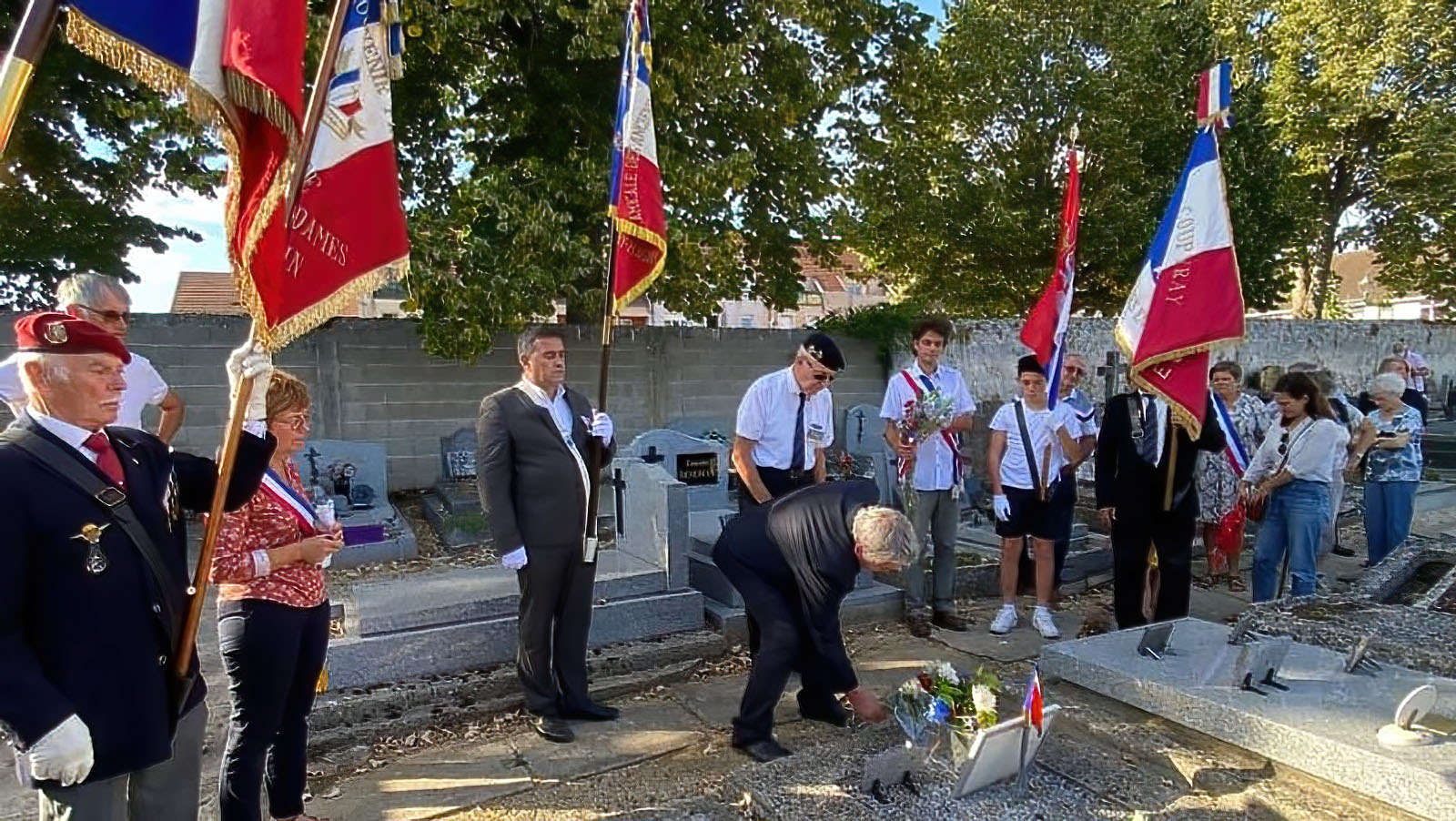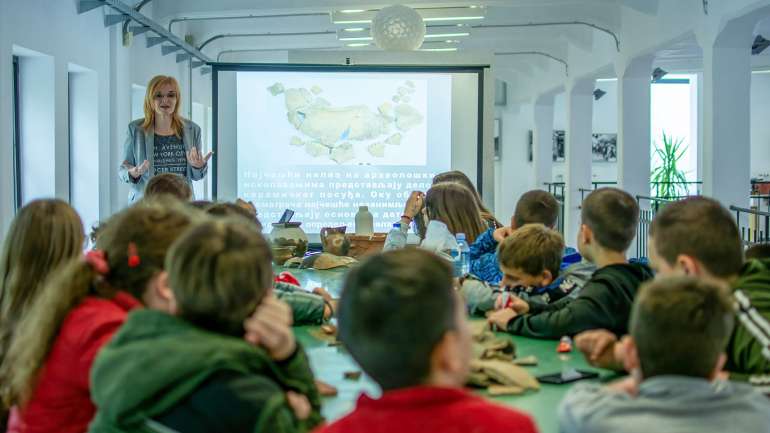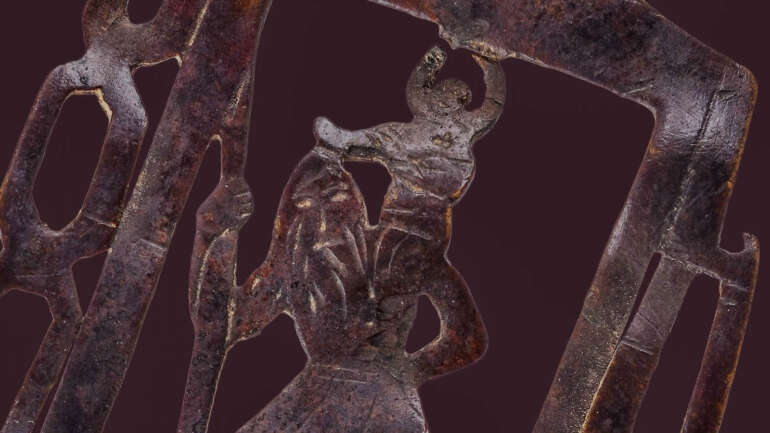By: Smiljana Dodić, museum counselor
Professional life of a museum keeper is always imbued with constant meetings with people of various interests, characters and origins, with whom we often develop long-term friendships. Ten years ago while making an extensive photographing of objects for their re-inventoring at our Museum’s permanent exhibition, the museum photographer Miša Brajković and I had to warn visitors that access to Numismatic and Medieval Collections display cases was not possible. Then, a visitor came up with complains that during her short stay in the country she would apparently miss rare opportunity to try to recognize objects she had donated to the museum long ago as a high school student. The very mention of the village Dražmirovci and concave coins made me realizy I was talking to Zorica Ivanović, now Marković, whose father Staniša discovered remains of a Roman and Byzantine settlement on his property in the early 1970s, which were then probed by archaeologists from the Jagodina Museum. Zorica continued to nurture our accidental acquaintance (provided “accidents“ exists at all) even after her return to the suburb of Paris where she has been living with her family for decades. This warm-hearted woman, full of love for her region and sincerely dedicated to preservation of our cultural heritage, detailed her plans for reviving cultivation of old crafts on her family estate in Dražmirovac in long letters, holiday greetings and postcards. Along the way, I would learn details about activities of her friends to enrich cultural life and ties with the motherland, and the name of Mrs. Vesna Žunić was among the most frequently mentioned.
A year ago, in a New Year’s card, I received a story about a hero hitherto unknown to us, Živorad Bogosavljević from Jagodina, a member of the French Resistance Movement, who was killed near the end of the war and was buried in Quincy-Voisins, not far from the European Disneyland. Zorica was introduced to his fate by Vesna Žunić, who, together with her daughters and Mr. Dejan Bogdanović, a resident of this village, attended the annual commemoration at the end of August of the eight fighters who were shot by the Nazis the day before the liberation of Paris and buried by the locals in the local cemetery.For decades, the leaders and residents of this town paid their respects to our compatriot, an officer of the Army of the Kingdom of Yugoslavia, who, having escaped from a concentration camp in Germany, joined the French Resistance Movement and organized numerous successful actions against the Nazis. On the other hand, the only compatriots of Živorad at those memorials were Dejan and members of Vesna’s family – probably all being familiar with his fate. Fearing that the name of Živorad Bogosavljević would be forgotten in the Serbian diaspora after them, they repeatedly turned to the Embassy and made inquiries in his hometown, devotedly searching for his relatives.
Moved by the concern and persistence of our older compatriots in their attempts to reach Živorad’s descendants, who never learned that this officer of the royal army was buried with dignity and respect as the hero of the French resistance to fascism, I decided to try to help them in this.
Vesna is no longer with us, but she and her friend Dejan Bogdanović made sure that the memory of our brave compatriot will not be lost, and this is our attempt to ensure that this little great man is well remembered in his homeland.
More at the following link.





